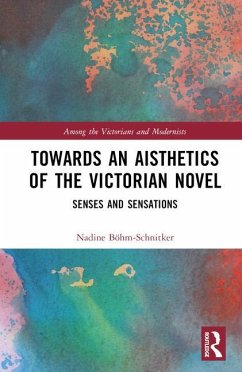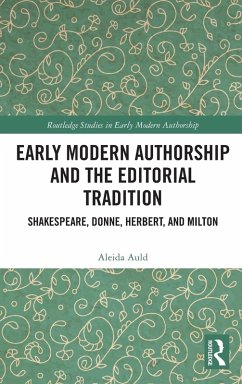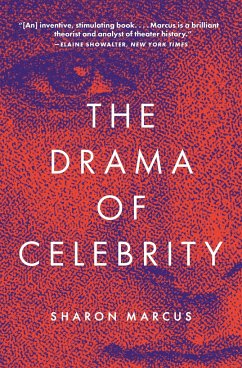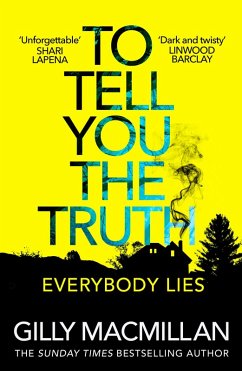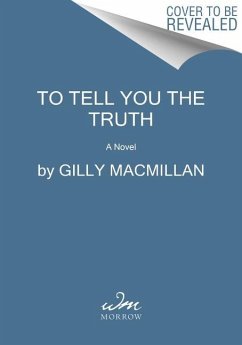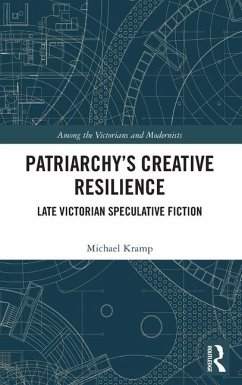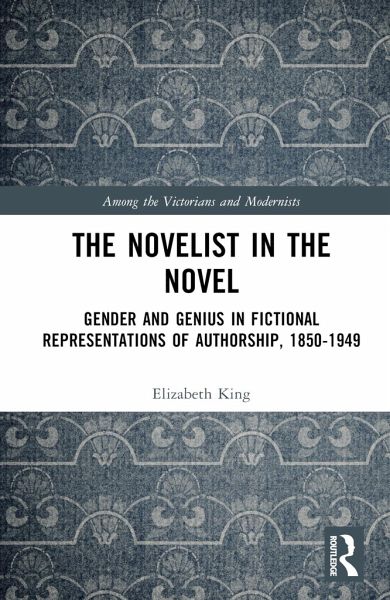
The Novelist in the Novel
Gender and Genius in Fictional Representations of Authorship, 1850-1949
Versandkostenfrei!
Versandfertig in 6-10 Tagen
154,99 €
inkl. MwSt.
Weitere Ausgaben:

PAYBACK Punkte
77 °P sammeln!
Why do writers so often write about writers? This book offers the first comprehensive account of the phenomenon of the fictional novelist as a character in literature, arguing that our notions of literary genius - and what it means to be an author - are implicitly shaped by and explicitly challenged in novels about novelists, a genre that has been critically underexamined. Employing both close and distant reading techniques to analyse a large corpus of author-stories, The Novelist in the Novel explores the forms and functions of author-stories and the characters within them, offering a new the...
Why do writers so often write about writers? This book offers the first comprehensive account of the phenomenon of the fictional novelist as a character in literature, arguing that our notions of literary genius - and what it means to be an author - are implicitly shaped by and explicitly challenged in novels about novelists, a genre that has been critically underexamined. Employing both close and distant reading techniques to analyse a large corpus of author-stories, The Novelist in the Novel explores the forms and functions of author-stories and the characters within them, offering a new theory that frames these works as textual sites at which questions of literary value and the cultural conceptions around authorship are constantly being negotiated and revised in a form of covert criticism aimed directly at readers. While nineteenth-century novels about novelists reveal a pervasive frustration with the market - a starving artist vs. commercial sell-out dichotomy - modernist examples of the genre focus on the development of the individual author-as-artist, entirely aloof from the marketplace and from the literary sphere at large. Yet, each of these dynamics is gendered, with women denigrated to commercial producers and men elevated to artists, and while the canon has largely supported the male view of authorship, a closer look at the work of women writers from this period reveals concerted attempts to counteract it. "Silly Lady Novelists" are pitted against serious male modernists in a battle to define what it means to be a literary genius.





